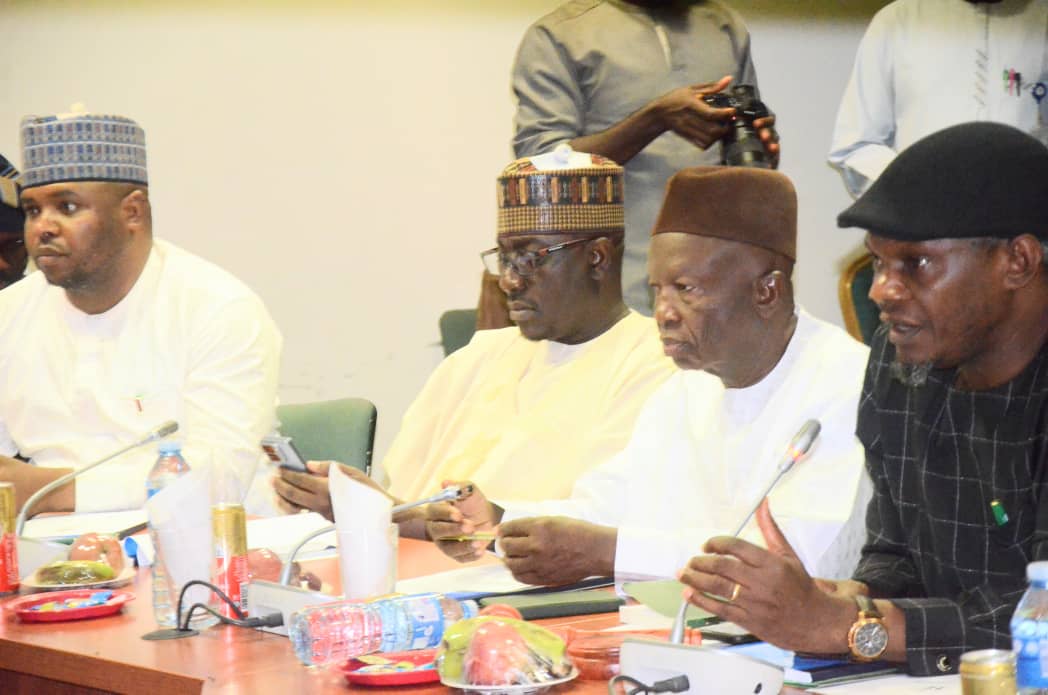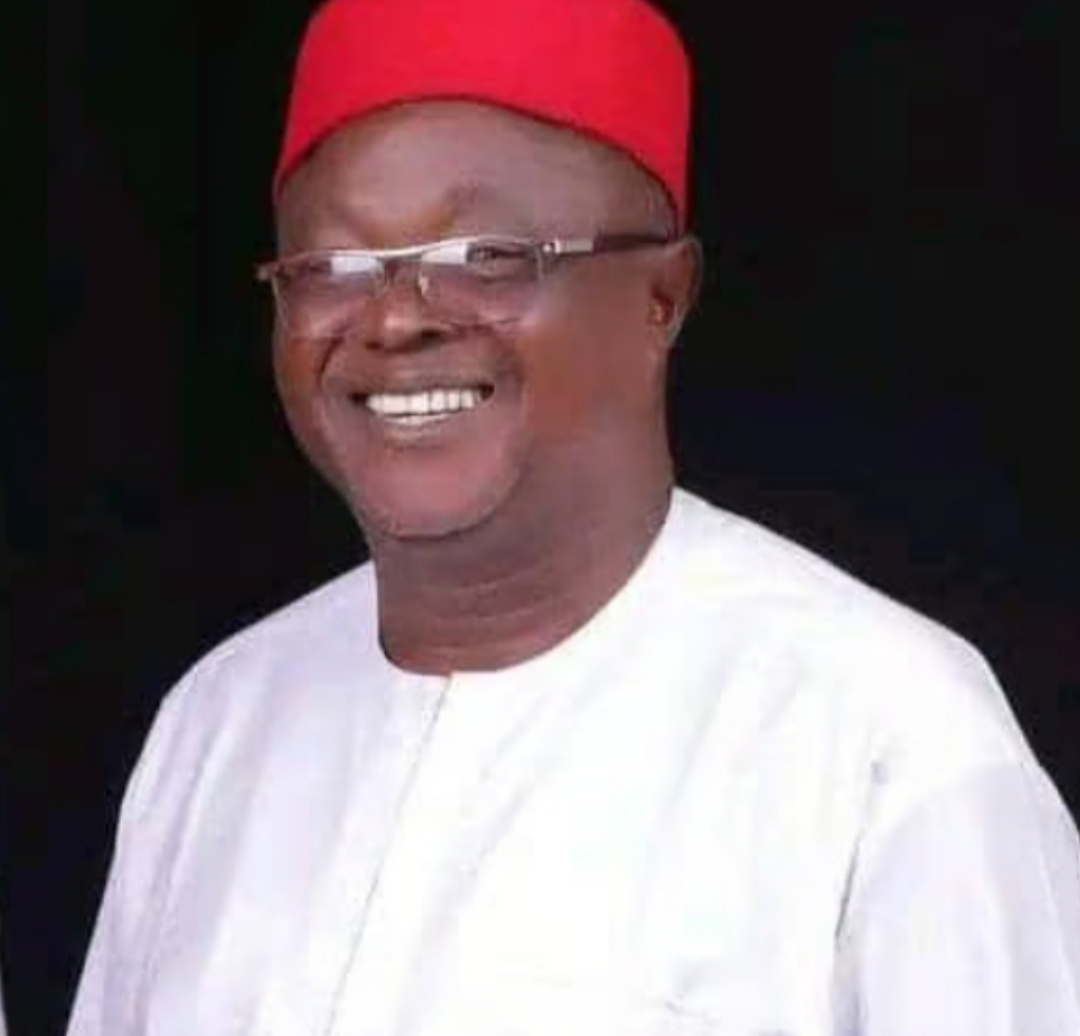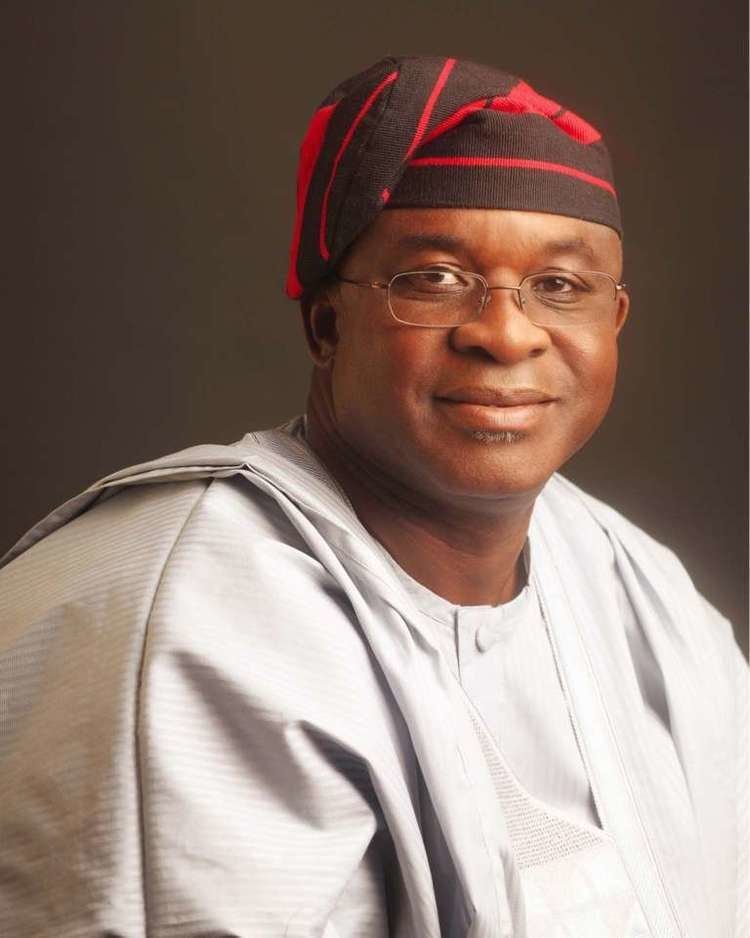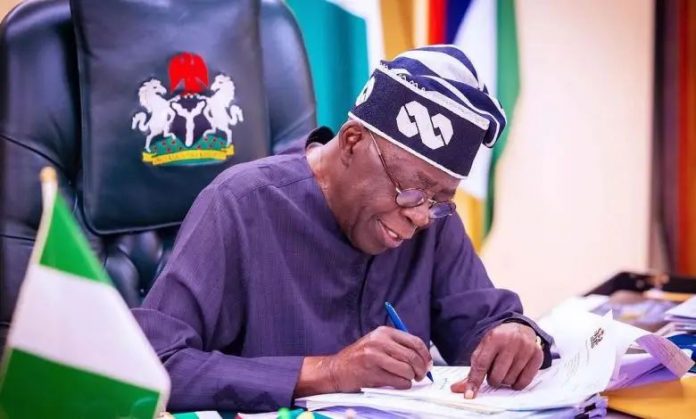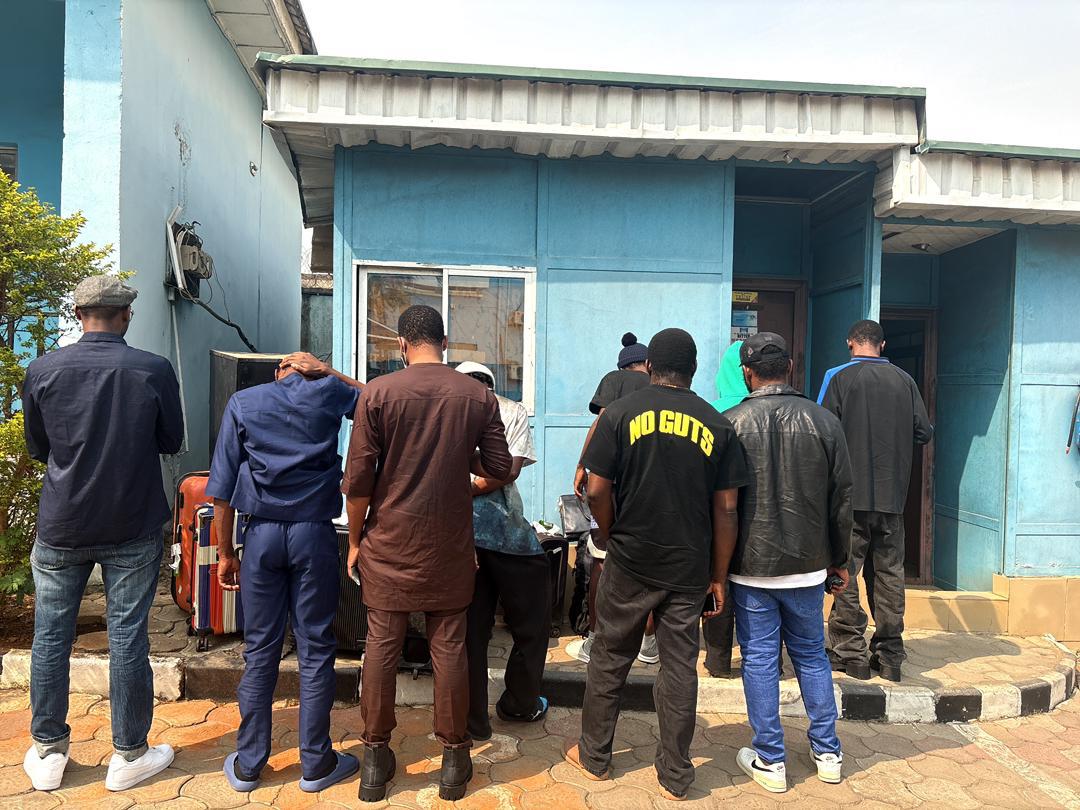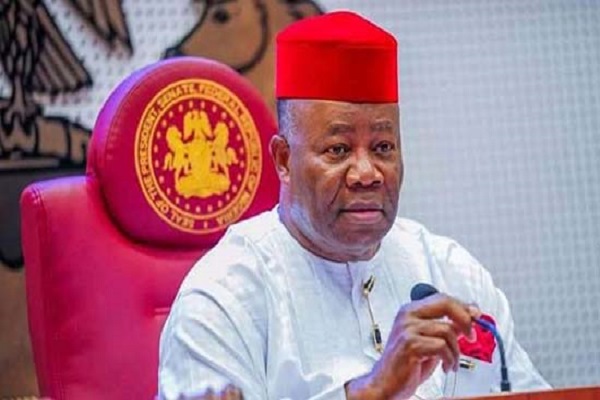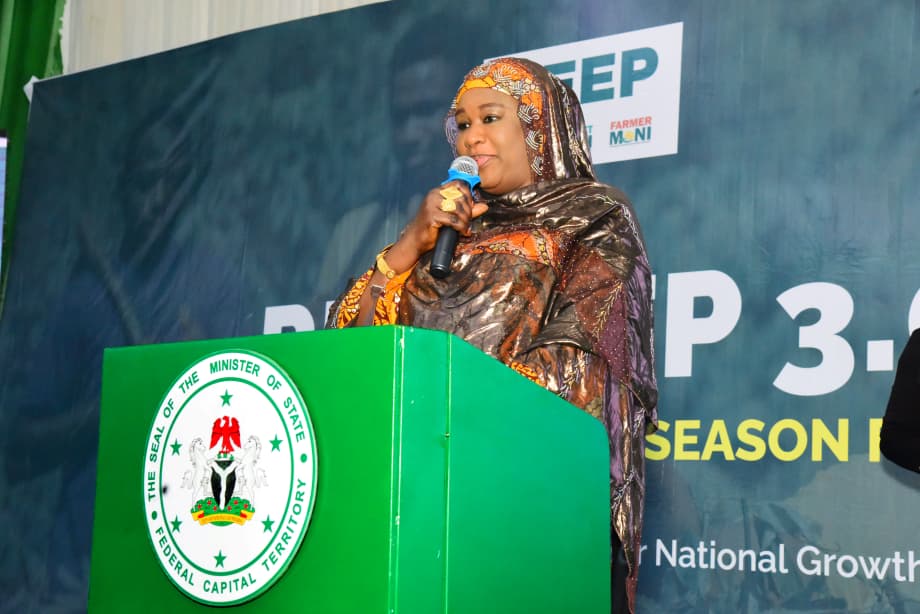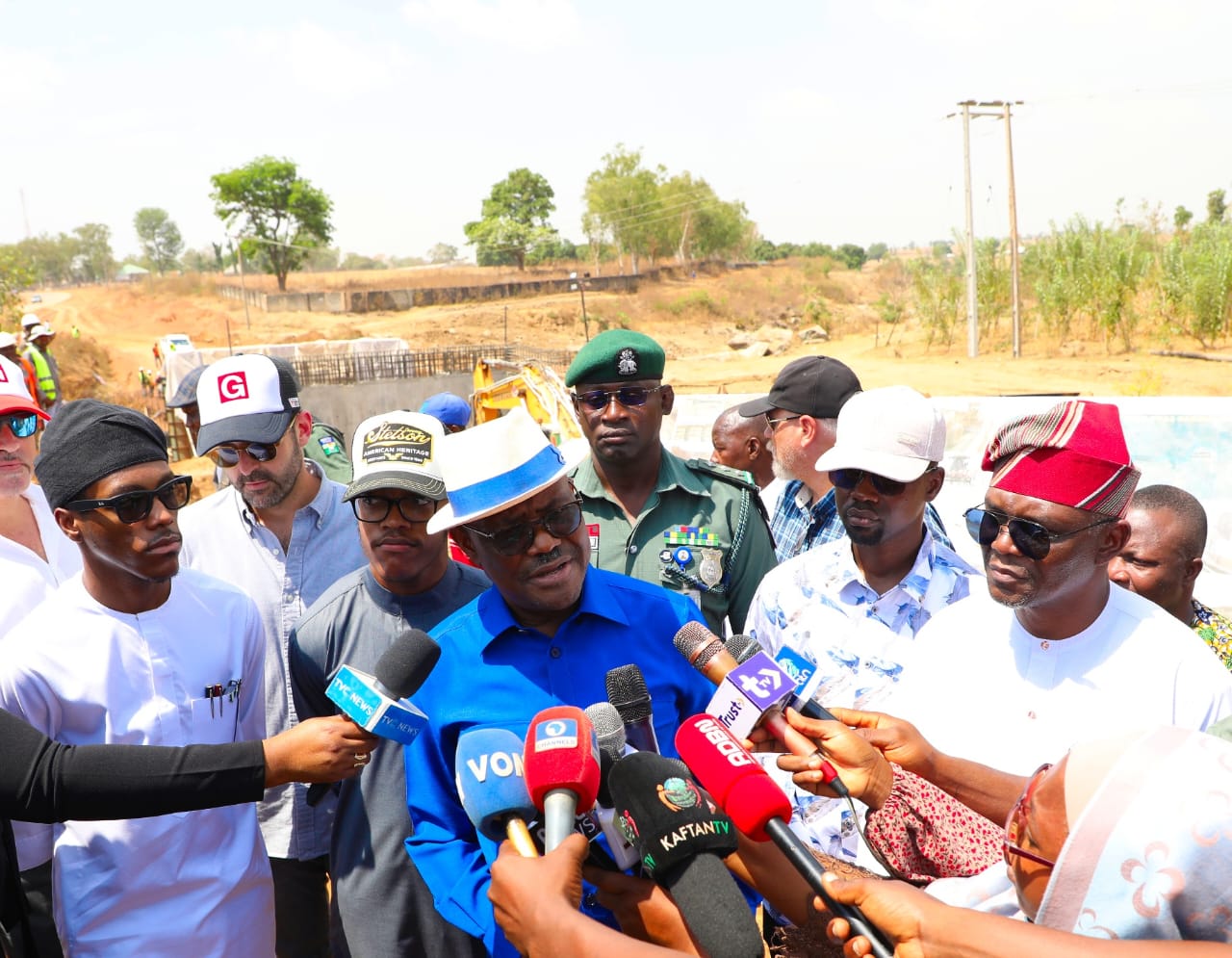The Nigeria Correctional Service (NCoS) has disclosed that 64 per cent of inmates across custodial centres nationwide are awaiting trial, a development that continues to fuel overcrowding and strain correctional facilities.
Controller-General of Corrections, Mr. Sylvester Nwakuche, made the revelation on Wednesday while defending the Service’s 2025 budget performance and presenting its 2026 estimates before the House of Representatives Committee on Reformatory Institutions in Abuja.
He stated that as of February 9, 2026, the total inmate population stood at 80,812. Of the figure, 51,955 are awaiting trial, 24,913 are convicted, while 3,850 fall under other detention categories.
“The high proportion of awaiting trial inmates underscores the urgent need for reforms in our correctional system,” Nwakuche said, stressing that the Service is not only responsible for custody but also for the rehabilitation and reintegration of inmates into society as law-abiding citizens.
On the 2025 budget performance, the Controller-General disclosed that the Service received a total allocation of ₦184.63 billion covering personnel, overhead and capital expenditure.
Out of the ₦124.31 billion approved for personnel costs, ₦112.68 billion — representing 90.6 per cent — was released and fully utilised for salaries, pensions and health insurance under the Integrated Payroll and Personnel Information System (IPPIS).
Recurrent overhead releases stood at 73.7 per cent. Of the ₦38.03 billion allocated, ₦27.28 billion was expended on inmate feeding, leaving ₦10.75 billion outstanding. Operational expenses, including staff training, court duty vehicles, electricity, security and facility maintenance, amounted to ₦6.49 billion.
Capital funding recorded the weakest performance. Only ₦3.22 billion, representing 22.2 per cent of the ₦14.50 billion appropriated, was released, leaving ₦11.27 billion unreleased.
Nwakuche emphasised that capital funds are critical for constructing and rehabilitating custodial facilities, procuring operational vehicles and security equipment, deploying ICT infrastructure and biometric inmate registration systems, as well as supporting prison farm operations.
Although not primarily a revenue-generating agency, the Service realised ₦84.65 million as internally generated revenue in 2025. It currently has 33,024 staff nationwide.
For 2026, the NCoS proposed a budget of ₦198.85 billion. The breakdown includes ₦138.30 billion for personnel costs and ₦50.40 billion for recurrent overhead, with ₦14.83 billion earmarked for feeding an estimated 91,100 inmates.
The Service also requested an additional ₦90.38 billion to boost capital allocation to ₦100.50 billion. Furthermore, it sought approval to settle ₦30.38 billion in promotion arrears and ₦25.16 billion owed to contractors.
In his remarks, Chairman of the House Committee on Reformatory Institutions, Hon. Chinedu Ogah, underscored the need for urgent reforms, improved infrastructure and presidential assent to the Correctional Service Trust Fund Bill.
“Our core duty is the budget defence of the 2026 Appropriations,” Ogah said, adding that enhanced funding and decentralised infrastructure would strengthen rehabilitation, vocational training and agricultural programmes within custodial centres.
He also highlighted ongoing efforts to expand educational opportunities for inmates, noting that about 10 study centres of the National Open University of Nigeria have been established in correctional facilities nationwide, offering free academic programmes.
Ogah called for greater private sector involvement and urged the National Security Adviser to provide operational support to the Service, pointing out that while other security agencies handle arrests and prosecution, the correctional authorities bear responsibility for custody, rehabilitation and reintegration.
The committee is expected to review the Service’s 2025 performance in detail before concluding deliberations on the proposed 2026 budget.
64% of Nigerian Inmates Await Trial as Correctional Service Seeks Urgent Reforms
Align Infrastructure, Policy, Capital for Energy Security, Ojulari Urges Africa
The Group Chief Executive Officer of NNPC Ltd, Engr. Bashir Bayo Ojulari, has called on African nations to harmonise infrastructure, policy and capital deployment as a strategic pathway to achieving lasting energy security across the continent.
Ojulari made the call during a fireside chat with Mr. Andy Brown, Deputy Chair of Ørsted and President of the Energy Institute, at the 2026 International Energy Week (IEW) in London on Wednesday.
He identified shared infrastructure, policy alignment, coordinated investment frameworks, cross-border knowledge and technology exchange, integrated gas market development, and sustained regional diplomacy among National Oil Companies (NOCs) as critical pillars for safeguarding Africa’s energy future.
According to a statement issued by NNPC Ltd’s Chief Corporate Communications Officer, Mr. Andy Odeh, Ojulari said the company’s regional gas initiatives reflect how shared energy assets can unlock scale, efficiency and resilience, while expanding cross-border infrastructure.
He stressed the need to fast-track flagship projects such as the Nigeria–Morocco Gas Pipeline and the expansion of the West African Gas Pipeline, describing them as vital to deepening regional integration and boosting cross-border energy trade.
Ojulari also advocated aligned pricing frameworks, harmonised transit protocols, local content standards and joint technical regulations across African markets. Drawing lessons from Nigeria’s Petroleum Industry Act (PIA), he said regulatory clarity and policy coordination are essential to reducing investment friction, protecting shared infrastructure and ensuring equitable access to energy assets.
The NNPC boss further canvassed the establishment of structured joint investment platforms among African NOCs, arguing that the continent would attract and deploy capital more efficiently through collective action rather than fragmented national efforts.
On NNPC Ltd’s production targets, Ojulari said the company’s ambition to ramp up oil output, scale gas production and attract fresh investment would be driven by a pragmatic, Africa-focused strategy.
“Our pathway is clear: grow production responsibly, scale gas as the backbone of Africa’s industrialisation, strengthen environmental accountability, and align with global decarbonisation objectives—while ensuring that Africans are not left behind in the energy transition,” he said.
The International Energy Week is a leading global energy forum that brings together policymakers, industry executives, investors, regulators and innovators to deliberate on energy security, transition pathways, capital mobilisation and sustainability.
Ojulari’s intervention adds to growing calls for deeper regional cooperation as Africa seeks to balance development priorities with global climate commitments.
FG Owes Contractors N2.2trn — Umahi Unveils N3.2trn ‘Action Year’ Road Budget for 2026
The Federal Government is owing contractors a staggering N2.2 trillion for certified road projects executed between 2024 and 2025, Minister of Works, Dave Umahi, revealed on Wednesday.
Umahi made the disclosure while defending the Ministry’s 2026 budget proposal before the Senate and House of Representatives Committees on Works in Abuja.
Despite the debt burden, the Minister announced an ambitious N3.244 trillion capital estimate for 2026, describing the coming fiscal year as an “Action Year” focused on completing major highways and four key “legacy projects” initiated by President Bola Tinubu.
According to him, the ministry inherited 2,064 ongoing projects in 2023, many of which have been rolled over due to funding constraints.
He disclosed that only N210.318 billion — about 9.7 per cent of the expected capital releases for 2025 — has so far been paid, worsening the funding gap.
Umahi blamed rising construction costs on the removal of fuel subsidy and the floating of the naira, which he said forced the government to re-scope and reprioritise several projects.
Top on the priority list for 2026 are the Lagos–Calabar Coastal Highway and the Sokoto–Badagry Superhighway. The Minister assured lawmakers that work would be delivered in phases, with some sections slated for commissioning by May 29, 2026.
He added that about 70 per cent of unfinished 2025 projects have been captured in the 2026 proposal, while new phases of ongoing projects would be funded in stages to guarantee timely completion.
Highlighting the importance of road infrastructure to security and economic growth, Umahi said the 2026 budget is designed to fix major arterial roads across the country.
In a move to boost transparency and public awareness, the Minister announced that all 10-kilometre stretches of federal road projects will now carry signboards identifying the Ministry of Works and featuring the photograph of President Tinubu.
He also commended the President for what he described as non-interference in contract awards.
“Mr President has never directed me to award contracts to any individual,” Umahi said, noting that this has helped to ease the procurement process and strengthen accountability.
With mounting debts and rising costs, the 2026 road masterplan now faces the critical test of funding and delivery as Nigerians await improved infrastructure nationwide.
E-Transmission Row: ADC Raises Red Flag Over ‘Dangerous Loopholes’ in Amended Electoral Bill
The African Democratic Congress (ADC) has warned that fresh provisions in the amended Electoral Act could undermine real-time electronic transmission of election results, cautioning that alleged discretionary clauses may open the door to manipulation.
In a statement issued Wednesday in Abuja by its National Publicity Secretary, Mallam Bolaji Abdullahi, the party said it initially welcomed reports that the Senate had strengthened safeguards guaranteeing electronic transmission of results.
According to the ADC, early media accounts suggested that the upper chamber had passed a version of the Electoral Amendment Bill that firmly entrenched real-time transmission — a reform long demanded to protect votes and bolster electoral credibility.
However, the party said more detailed information that later emerged indicates that the Bill, as passed, contains what it described as controversial discretionary provisions capable of weakening that safeguard.
“Our initial reaction was based on early media reports which indicated that the Senate had passed a version of the Electoral Amendment Bill that guarantees the real-time transmission of election results,” the party stated.
“However, subsequent and more detailed reports have since revealed that the Bill, as passed, contains a controversial provision which introduces discretionary clauses capable of weakening the guarantee of real-time electronic transmission and opening the door to the intentional manipulation of election results.”
The ADC stressed that electoral laws must eliminate ambiguity, particularly regarding the transmission and collation of results.
“Any provision in our electoral laws that creates ambiguity, discretion, or technical loopholes around the transmission and collation of election results fundamentally undermines the integrity of the electoral process and cannot be accepted in good conscience,” it said.
The party argued that the credibility of elections depends not on assurances but on clear and unambiguous legal guarantees that reflect the will of the electorate.
It maintained that only an Electoral Amendment Act that unequivocally mandates real-time electronic transmission — without exceptions that could be exploited — would command public confidence and strengthen Nigeria’s democracy.
The ADC therefore urged the National Assembly to revisit and remove any provision that dilutes mandatory e-transmission and align the final version of the Bill with the position earlier adopted by the House of Representatives.
As the Bill proceeds to harmonisation between both chambers, the ADC’s position signals a fresh round of debate over the legal framework that will shape Nigeria’s next electoral cycle.
2026 Budget Under Fire as CSO Accuses Finance Team of Crippling 2024, 2025 Appropriations
Fresh controversy has trailed the proposed 2026 Appropriation Bill as a civil society organisation accused key officials in Nigeria’s finance team of undermining the implementation of the 2024 and 2025 budgets, thereby weakening public confidence in the new fiscal proposal before the National Assembly.
The National Vanguard for Accountable and Transparent Democracy (NVATD), during a protest at the National Assembly in Abuja, alleged that poor capital releases under the supervision of the Minister of Finance, Mr. Wale Edun; the Minister of State for Finance, Dr. Doris Uzoka-Anite; and the Accountant-General of the Federation, Mr. Shamsedeen Babatunde Ogunjimi, have stalled government performance across critical sectors.
Secretary General of the group, Dr. Harry Linus, claimed that the alleged failure to properly implement previous appropriations has created a ripple effect now casting doubt on the credibility of the 2026 budget.
According to him, the situation was highlighted by the recent remarks of the Minister of Health and Social Welfare, Prof. Muhammad Ali Pate, who lamented the low release of funds under the 2025 health budget while defending his ministry’s estimates before lawmakers.
Dr. Linus argued that if contractors handling projects under the 2024 budget had been paid — reportedly to the tune of over ₦4 trillion — implementation of the 2025 budget would have been stronger, lending greater credibility to the 2026 proposal.
“The projects in the 2024 budget were executed by contractors, many of whom borrowed from banks. Those projects were commissioned, yet payments have not been made. Without servicing the 2024 budget, fresh contracts under the 2025 appropriation cannot move forward,” he said.
The group alleged that the funding gaps have contributed to challenges across sectors, including health and education, and called for greater accountability within the nation’s fiscal management system.
NVATD urged the National Assembly to intensify oversight and consider withholding approvals for agencies that failed to effectively implement previous budgets, except in essential sectors such as health, education and security.
The protest followed Prof. Pate’s disclosure before the House Committee on Healthcare Services that only ₦36 million — from overhead allocations — had been released out of the ₦218 billion appropriated for the health ministry in the 2025 budget.
Pate attributed the weak capital budget performance to cash flow constraints and systemic bottlenecks, particularly the bottom-up cash planning model operated by the Office of the Accountant-General of the Federation. He noted, however, that personnel costs were fully released and utilised.
As debate over fiscal discipline intensifies, the allegations have placed renewed scrutiny on Nigeria’s budget implementation framework, raising broader questions about accountability, coordination among economic managers and the credibility of the annual appropriation process.
Horror in Southeast Asia: NAPTIP Rescues 23 Nigerian Youths Trapped in Cybercrime Trafficking Ring
The National Agency for the Prohibition of Trafficking in Persons (NAPTIP) has rescued and repatriated 23 Nigerian youths from Thailand, raising the alarm over a disturbing new wave of human trafficking to Southeast Asia for cyber-enabled crimes.
Director-General of NAPTIP, Binta Adamu Bello, disclosed that the victims were deceived and trafficked to countries including Myanmar, Thailand, Laos and Cambodia, where they were forced into online fraud schemes such as romance scams, cryptocurrency fraud and fake investment operations.
The rescue operation was carried out in collaboration with Eden (Myanmar), with critical support from the British Government and the Nigerian Embassy in Bangkok, which facilitated emergency travel documentation for the victims.
Bello described the development as a “new and dangerous dimension” of human trafficking targeting young Nigerians with computer and IT skills.
“This is a new dimension of the human trafficking phenomenon that targets vibrant and intelligent Nigerians,” she said. “The traffickers go after boys and girls with skills, especially in IT, and even screen for those who do not smoke or drink. They promise scholarships and lucrative jobs.”
According to her, upon arrival in the destination countries, the victims were allegedly trained in different scamming techniques. Some were enrolled in language schools, particularly to learn Chinese, and later deployed as translators or “customer care” agents to lure unsuspecting victims abroad.
“They were compelled to target individuals and organisations in the United States, the United Kingdom, Ethiopia and Canada for romance scams, cryptocurrency fraud and other online crimes,” Bello revealed.
She said the victims were housed in tightly controlled facilities and constantly monitored. Those who failed to meet daily targets were allegedly subjected to severe punishment.
“The victims said they were accommodated in hostels with bunk beds and forced to work under strict surveillance. Some who refused to cooperate were tortured,” she added.
Describing the trend as deeply troubling, Bello said NAPTIP has reactivated its international networks to dismantle the trafficking syndicate and bring its masterminds to justice.
“We will not relent. With the support of our partners, this deadly trafficking ring will be dislodged and the ringleaders arrested,” she vowed.
The DG commended civil society organisations in the region, Eden (Myanmar), the British Government and the Nigerian Embassy in Thailand for their roles in securing the victims’ freedom.
The latest rescue comes weeks after Bello pledged intensified action against human trafficking networks preying on vulnerable Nigerians, signaling what she described as a renewed offensive against organised criminal elements.
Don’t Starve Troops of Funds, Senate Warns FG Over Defence Budget Delays
The Senate has raised the alarm that delays in releasing defence funds could weaken Nigeria’s fight against insecurity, warning that postponing military financing gives criminals and terrorists the upper hand.
Chairman of the Senate Committee on Defence and former Senate President, Ahmad Lawan, sounded the warning in Abuja during the 2026 budget defence session with the Minister of Defence, General Christopher Musa.
Lawan said any delay in releasing funds to the Armed Forces and other security agencies could undermine ongoing efforts to tackle kidnappers, bandits and terrorists terrorising parts of the country.
“It is defence; you cannot postpone the implementation of the defence budget because that gives an edge to the enemy,” Lawan declared.
He stressed that the National Assembly was committed to ensuring that the military receives the resources required to protect lives and property.
“We are prepared on this side of government to ensure that our Armed Forces are given the resources they need,” he said.
According to him, security agencies must be properly equipped to win the war against insecurity.
“They need the tools and weapons to fight. If we can provide those, we are committed to giving them the means to effectively combat insecurity,” he added.
However, the former Senate President expressed concern over the slow pace of implementing the 2025 defence budget, questioning how the government intends to effectively execute the 2026 proposal if the current challenges persist.
In his response, the Minister of Defence, General Christopher Musa, acknowledged that security challenges remain across the country but assured lawmakers that the ministry is determined to improve performance.
“Challenges are still there, but we are hoping to do better,” Musa said, attributing progress recorded so far to the support and cooperation of the National Assembly.
The exchange comes amid heightened security concerns nationwide, with the Senate insisting that timely funding remains critical to strengthening the country’s defence architecture.
Cash Boost for Traders, Farmers as FG Relaunches GEEP 3.0 in FCT
Traders, artisans, farmers, women and youths in the Federal Capital Territory (FCT) are set for fresh financial relief as the Federal Government officially relaunched the Renewed Hope Government Enterprise and Empowerment Programme (GEEP) 3.0.
Minister of State for FCT, Dr. Mariya Mahmoud, who flagged off the programme in Abuja alongside the FarmerMoni Dry and Wet Season disbursement, said the initiative would energise small businesses, increase household incomes and strengthen communities.
Describing the scheme as a key pillar of President Bola Ahmed Tinubu’s Renewed Hope Agenda, Mahmoud said GEEP 3.0 is targeted at fighting poverty and promoting inclusive economic growth at the grassroots.
“This programme is designed to expand access to affordable financing for traders, artisans, farmers, women and youths. It will not only grow micro-enterprises but also improve household incomes and build stronger communities,” she said.
The Minister explained that the FarmerMoni Dry/Wet Season disbursement would boost food production, support agricultural value chains and promote prosperity in rural communities.
She also welcomed the inauguration of a new Technical Working Group to oversee the programme, stressing that transparency, accountability and proper monitoring would be ensured.
Mahmoud reaffirmed the FCT Administration’s readiness to partner with relevant agencies to guarantee that genuine beneficiaries have access to the loans.
She, however, warned beneficiaries to use the funds wisely.
“Reinvest in your businesses and make repayment a priority so others can benefit,” she urged.
The relaunch of GEEP 3.0 forms part of the Federal Government’s wider social investment push aimed at expanding financial inclusion and empowering small-scale entrepreneurs across Nigeria.
Strike Over! FG Bows, Pays January Salaries as JOHESU Suspends 84-Day Shutdown
Relief has finally come for Nigerians as the Federal Government and the Joint Health Sector Unions (JOHESU) reached a truce, bringing an end to the crippling 84-day nationwide health strike.
The breakthrough followed a high-level conciliation meeting in Abuja, after which JOHESU ordered its members across the country to return to work immediately in the interest of patients and national health security.
In a major concession, the Federal Government withdrew its earlier “No Work, No Pay” directive slammed on the striking workers and approved the immediate payment of January 2026 salaries.
Minister of State for Health, Dr. Iziaq Adekunle Salako, described the resolution as a victory for dialogue and mutual respect.
“The Federal Government remains fully committed to the welfare, dignity and professional advancement of all health workers. Dialogue remains the most effective tool for resolving disputes in our health sector,” he said.
Salako assured that no JOHESU member would be victimised, sanctioned or intimidated for participating in the strike, acknowledging the sacrifices made by health workers during the prolonged standoff.
The government also pledged to continue negotiations on the Collective Bargaining Agreement and address lingering issues surrounding the adjustment of the Consolidated Health Salary Structure (CONHESS).
In a move aimed at long-term peace, the minister disclosed that provisions for the proposed salary adjustments would be captured in the 2026 Appropriation Act, based on recommendations of the existing technical committee.
The Ministry of Health commended the “spirit of patriotism and responsibility” shown by both sides and assured Nigerians that efforts are underway to restore full and uninterrupted healthcare services nationwide.
For millions of patients who have endured weeks of disruption, the suspension of the strike signals a long-awaited return to normalcy in public hospitals across the country.

